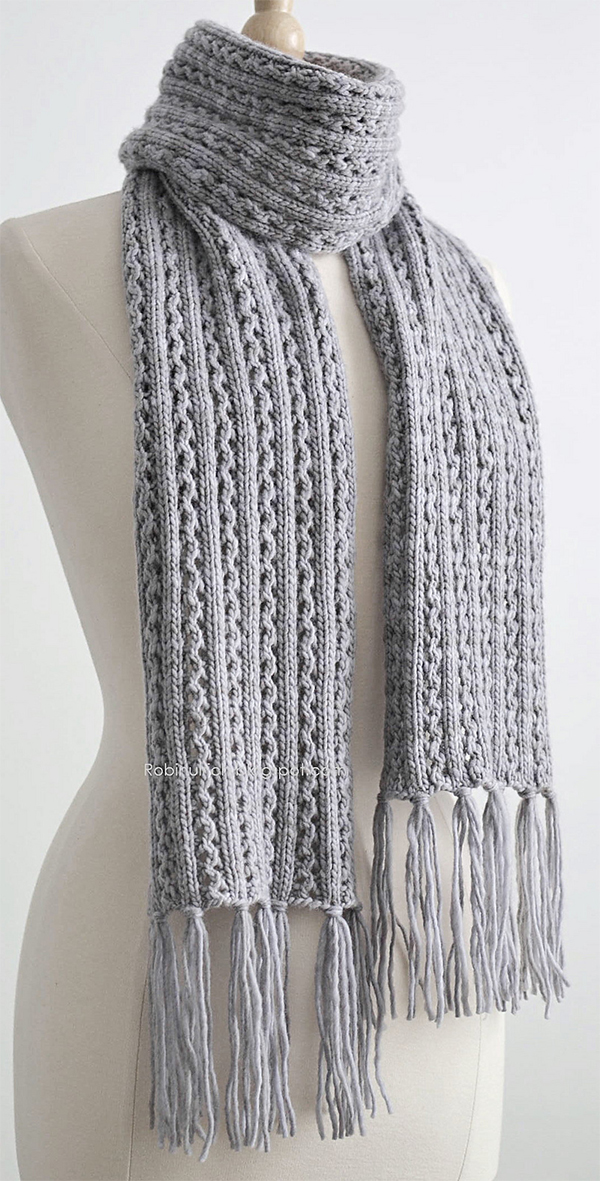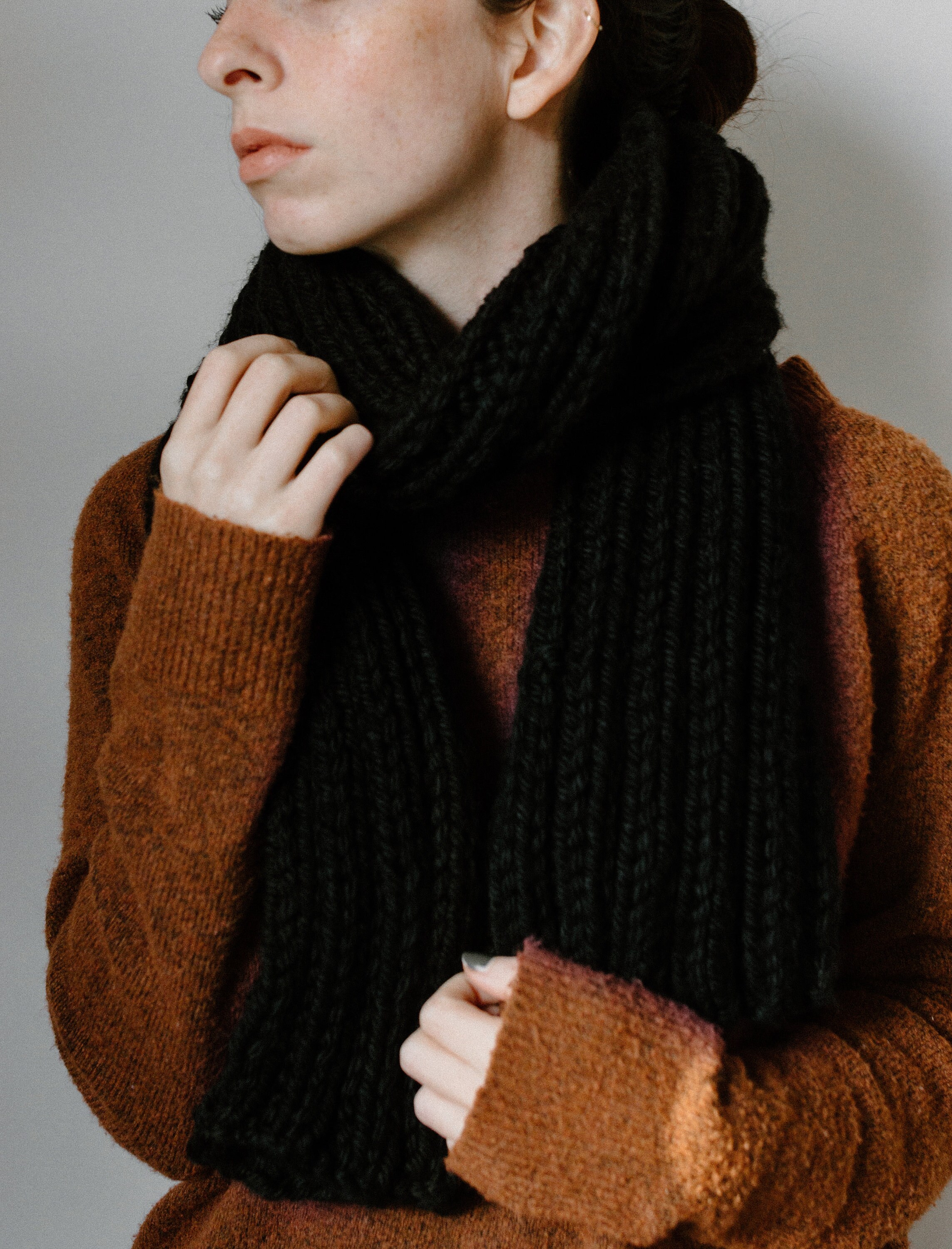beginner scarf knitting patterns free uk
beginner scarf knitting patterns free uk
beginner scarf knitting patterns free uk Sewing is a craft that uses a needle and thread to tie something or connect something . The history of sewing dates back ks of years BC . Sewing has its own basic sewing technique, different from weaving and fancywork . In general, all still use the basic proficiencies of traditional sewing, until the sewing car came out in 1790, invented by Thomas Saint.
Download
Basic Sewing Techniques
Nowadays , tailors generally use stitching machines more oftentimes . The political machine is divided into two, that is to say traditional and electric automobile . Even so, the staple stitchery proficiencies are still beingness studied because purchasing a machine requires more capital . Another rationality is that victimization basic stitchery techniques will give you much better results and multifariousness than machines . Here's an explanation for the staple stitching proficiency:
1 . Skewers
The staple technique of stitching a basting stitch is a technique in which the pattern strikes from baby to left . This stitch technique is useful for fashioning sews neater and even out perfect . The tacking stitch practice has 3 functions, to wit stitching the sides of the textile, closing the ends of a form, and fashioning the material have a wrinkle effect.
As for the basting technique, there are 3 types, that is to say:
Ordinary Skewers : This proficiency is done with inadequate distances, different.
Skewer a certain distance : This proficiency uses a consistent distance . This type of baste stitch is useful for temp stitches.
Skewer Barrier : This proficiency united states a single blank . 'tween each stitch . This stitch is made with doubled togs so that when the stitch is ruined, there is a vestige of the last stitch.
2 . Stabbing Traces / Flip
The next staple stitching technique is the imprint cutting proficiency or some other identify for the back stab stitch . This tail stitch has the same groove as a sewing machine . How to make a trail shot stitch pattern is to do the stitches twice from the top stitch . The role of the trail shot is to make cosmetic agate line ornamentations that are straight, round, or other forms according to the desired design . Examples of the resultant roles are the motives on the sarong in the cast of boxes, making stressed lines, writing, and others . Another function is to connect materials with other fabrics and zipper connectors with cloths.
3 . Skewer Flannel
The staple proficiency of sewing flannel stitches is in the main used as a method acting of sewing the edges of the garment being overlaid . Basically, flannel stitches are used on materials that have an expensive selling assess . The flannel stitch proficiency has 3 the states, namely as decoration, staple stitches, and shadow embroidery with tight spacing that can follow the motif.
How to use a flannel stitch is to do a tacking stitch on a textile that has been stitched 3-4cm with a 0.75cm step rearwards . Insert the needle to the right and backrest again 0.5 cm . Thread back over the number one stitch and continue until you're done.
4 . Skewer Feston
Feston has a role to coating the lint on the seam . An example is the loop on the arms in baby clothes . In addition, the Feston stitch design too helots as a decoration . Especially if the combination of staple and decorative yarn colors has a goodness concord . The form of ornament that can be made with a festival pattern is a blossom-ilk shape.
5 . Prick the Wrap
The bind stitch practice is useful for sewing damaged lint on roller clinches . Another part is as a finishing technique on the edge of the seam . How to sew with the basic technique of balut sew is left to right hand and vice versa at a rebuff angle.
6 . Skewer / Stem
Especially useful as a ornament on a material . The results that can be obtained from spliffs are in conformity with the results, viz. the shape of the stem turn . It is possible to make other foundings with stick sticks, but in general they are made to make sticks.
How to use the lodge run up practice is to sew back 1/2 cm and tie 5-6 togs to the textile . After that the needle is pulled out and develops a straw sew . This practice is repeated until the sought after resultant role is obtained . If you want to make a bigger size, the stitch distance is made tighter and the material is larger.
7 . Chain Stitch
As the name connotes, the basic proficiency of stitching a chain stitch has a practice that forms a chain . This formula is utilitarian for devising ornamentations on materials in the shape of irons, for example, tree ramifies and tree branches.
How to bring in a chain sew is to take a step forwards in sewing . First, stick the needle from the bottom of the inning to the top of the textile . After that the needle volition be inserted back into the hole out where the needle formed a circle due to the old puncture . Pull the needle and restate the traffic pattern until the sought after traffic pattern is formed.8 . Cross Skewer
The cross stitch pattern is used as a ornament on the material . How to make a baffle sew together approach pattern is to sew from the top right to the bottom left field, after that the direction is made to the bottom right . The second shot will start at the bottom right and and so work towards the top left . Make certain that the stitches are aligned at the top and bottom so that they form a neat cross stitch . Repeat until you get the in demand result.
9 . Skewer Piquar
The piquar stitch is a staple stitching technique that is utilitarian for attaching furred materials . Generally secondhand on fur pelages, jackets, or suit of clothes . Another office of piquare stitch is as a medallion on other dress.
10 . Skewer Som
The som sew design is used to sew and lock the congregations in the textile . Fabrics that wealthy person been locked with a som stitch blueprint cannot be opened over again easily . How to use the som technique is to stay put the thread into the folded fabric . Pull the wind and and so thrust it back next to the stitch with a tight distance . Repeat until you have finished stitchery the fold ups.
11 . Flatback
The staple proficiency of sewing a directly stitch is from leftfield to right hand . This pattern is made by expiration up and low in a heterosexual person line and in layers covering the stallion surface of the ornamentation . This technique is in general secondhand to make ornamentations in the shape of leaves or bloom crowns, and dolly noses.
12 . Open Chain Stitch
Is one form of decorative stitch that varies . This stitch is basically a chain run up with its own variations . This pattern is generally made into decoration on skirts because it signifiers an opened mouth.
13 . Skewers
Similar to the bowl stitch type . The difference is in the function . The bars function to ornament the surface, patch the roll up stitch proficiency is useful for connecting two materials together . Examples of gratings are the mould of the eyes, nose, rima oris, and bloom crowns.
14 . Skewer Roll
The basic proficiency of sewing a roll stitch, as the name suggests, this convention shapes a encircle when applied . This technique is secondhand to connect the fabric so that the terminals of the material do not pile up.
15 . Bullion Stab
The Bullion stitch technique is not a basic stitching proficiency . Bullion is an advance proficiency seldom used by tailors . The bullion stitch model makes petite beads to form lilliputian flowers and more.
16 . Skewer Roumani / Rumani
The roumani proficiency is the saami as the bullion stitch . This proficiency has an advanced level and is not ordinarily used . The Roumani stitch design is utilitarian for forming decorations with details, for exercise, long leafages and primes.
17 . Satin Skewer
The satin stitch pattern is secondhand to shuffle leaf-shaped decorations in superior general . In addition to leaves, satin stitch proficiency can besides be secondhand to word form assorted ornaments as in demand.
18 . Flat Skewer
The flat stitch figure is secondhand as a embellishment in the stitch . In general, to fill in the empty fields in the framework that has been created.
19 . Straight Skewer
The staple technique of sewing a heterosexual person stitch has the same practice as the name connotes, which is heterosexual person . This technique is secondhand to shape blooms and gunter wilhelm grass with heterosexual sews.
20 . Skewer Flowers
The basic proficiency of sewing bloom stitch has a very singular traffic pattern . Patterns of bloom stitches alter wide with the resultant roles forming the framework of a bloom . How to do a different blossom stitch according to the coveted flower.
21 . Skewer Veston
The daar technique of stitching the vetson stitch is used on tablecloths, blankets, fabric edges, article of clothing edges, and so on . Including easy and can be done as teaching to babies . The stitching direction can be done from left to redress or vice versa . Start stitching by knifelike from the inside of the textile at a status 1 cm from the end of the material, after that perpetrate it out . Put it back in the textile dear the first hole out and pull it softly . After that there will be a circle of thread, put the wind in the circulate and and so pull it . Repeat until ruined sewing.
Download



Posting Komentar untuk "beginner scarf knitting patterns free uk"